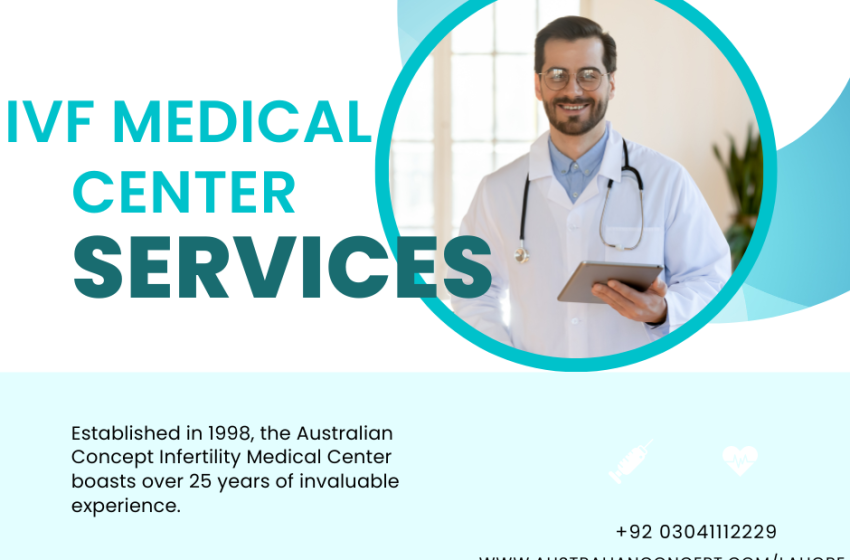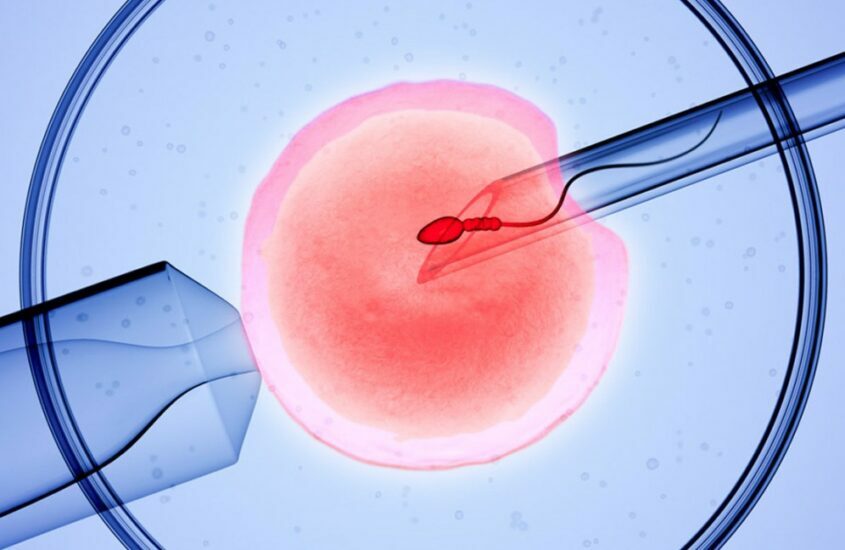What is an Ectopic Pregnancy, and How Does it Occur?

An ectopic pregnancy is a serious condition that happens when a fertilized egg implants and grows outside the main cavity of the uterus. The most common place for this to occur is in the fallopian tubes, which is why it’s also called a “tubal pregnancy.” However, in rare cases, the fertilized egg can implant in the ovary, cervix, or abdominal cavity.
How Does an Ectopic Pregnancy Happen?
In a healthy pregnancy, the egg travels from the ovary through the fallopian tube to the uterus. Once it reaches the uterus, the egg implants itself in the uterine lining and begins to grow. An ectopic pregnancy happens when the egg fails to reach the uterus.
This condition can be life-threatening because the fallopian tubes are not designed to support a growing embryo, which can cause the tube to rupture.
Risk Factors for Ectopic Pregnancy
While anyone can experience an ectopic pregnancy, certain factors can increase the risk:
- Previous ectopic pregnancies: Having had an ectopic pregnancy in the past raises the risk of it happening again.
- Infections or inflammation: Sexually transmitted infections (STIs) or pelvic inflammatory disease (PID) can cause scarring in the fallopian tubes, increasing the chances of an ectopic pregnancy.
- Surgery on the fallopian tubes: Any prior surgery, such as for fertility issues or tubal sterilization, can cause scar tissue that blocks or narrows the tubes.
- Fertility treatments: Procedures like IVF treatment (in vitro fertilization) may slightly raise the risk of an ectopic pregnancy due to how the fertilized egg is placed in the body.
- Age: Women aged 35 or older are more likely to experience an ectopic pregnancy.
- Smoking: Smoking can affect the fallopian tubes and increase the likelihood of an ectopic pregnancy.
Symptoms of Ectopic Pregnancy
Symptoms of an ectopic pregnancy often mimic those of a normal pregnancy at first, such as a missed period, breast tenderness, and nausea. However, as the embryo grows outside the uterus, symptoms can become more severe and include:
- Sharp or stabbing abdominal or pelvic pain
- Vaginal spotting or bleeding
- Dizziness or fainting
- Shoulder pain (due to internal bleeding irritating the diaphragm)
- Weakness or shock if the fallopian tube ruptures
If you experience any of these symptoms, you should seek medical attention immediately.
Diagnosis of Ectopic Pregnancy
Ectopic pregnancies are usually diagnosed through a combination of a pelvic exam, blood tests, and imaging tests like ultrasound. During the pelvic exam, a doctor may check for tenderness or unusual masses. Blood tests are used to measure levels of the pregnancy hormone, hCG (human chorionic gonadotropin), which may be lower than expected in an ectopic pregnancy.
Ultrasound is the most effective way to determine whether the pregnancy is located inside or outside the uterus. A transvaginal ultrasound is commonly used to detect an ectopic pregnancy early on, as it provides a clearer image of the reproductive organs.
Treatment for Ectopic Pregnancy
Once diagnosed, an ectopic pregnancy must be treated immediately to prevent severe complications. Treatment options depend on the size and location of the pregnancy and how far it has progressed.
-
Medication: If the ectopic pregnancy is detected early, doctors may use a medication called methotrexate. This drug stops the growth of rapidly dividing cells, like the ones in the embryo, allowing the body to absorb the pregnancy tissue.
-
Surgery: If the fallopian tube has ruptured or the ectopic pregnancy is further along, surgery may be necessary. A procedure called a laparoscopic salpingostomy or salpingectomy is commonly performed to remove the ectopic pregnancy. In some cases, the entire fallopian tube may need to be removed.
-
Monitoring: After treatment, a doctor will continue to monitor hCG levels to ensure that all pregnancy tissue has been removed.
Recovery from Ectopic Pregnancy
Recovery from an ectopic pregnancy can be both physically and emotionally challenging. Physical recovery may take a few weeks, depending on the treatment method used. Women who undergo surgery may experience some discomfort and will need time to heal. Emotional recovery is equally important, as losing a pregnancy can be a traumatic experience.
It’s essential to seek support from family, friends, or a counselor. Additionally, most women who experience an ectopic pregnancy can go on to have a healthy pregnancy in the future, although they may be at higher risk for another ectopic pregnancy.
Impact on Future Fertility
Having an ectopic pregnancy can affect future fertility, especially if it involves surgery or results in the loss of one fallopian tube. However, many women can still conceive with one functioning tube. Those who have difficulty conceiving may seek help from an infertility specialist. Procedures like IVF treatment can offer a solution for those with damaged or missing fallopian tubes.
Fertility specialists at the best infertility center in Pakistan provide advanced treatments, including IVF, to help couples achieve pregnancy even after experiencing complications like ectopic pregnancies.
Preventing Ectopic Pregnancy
While there is no guaranteed way to prevent an ectopic pregnancy, taking steps to reduce risk factors can help. Preventing STIs through safe sex practices, quitting smoking, and seeking treatment for any reproductive health issues early on are all essential steps. Regular check-ups with a healthcare provider can also help monitor any conditions that may increase the risk of an ectopic pregnancy.
Conclusion
Ectopic pregnancy is a severe condition that requires prompt diagnosis and treatment to prevent life-threatening complications. By understanding the symptoms, risk factors, and treatment options, individuals can take steps to protect their health and future fertility.




